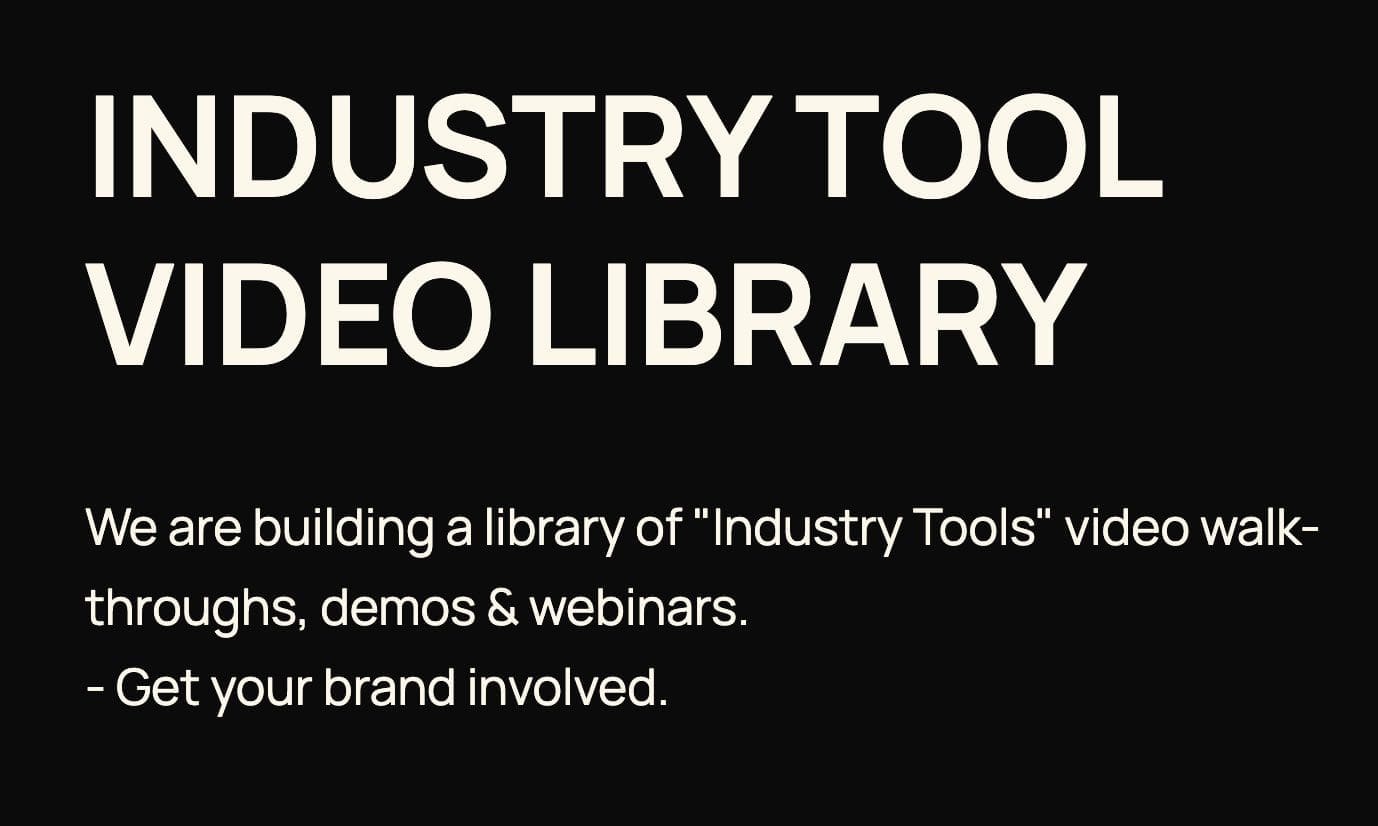AI Learning Centres:
- AI – Learn The Basics
- Get The Most From ChatGPT
- Branding in The Age of AI
- AI for Client Experience
- AI For Prospecting
- AI For Marketing
- AI For Listings & Ads
- Team Adoption of AI
- AI For PM
- AIO & Generative Search
- AI For Operations & Efficiency
- AI For Market Research & Analysis
- AI Ethics, Privacy & Compliance in Real Estate
Digital Marketing & Social Media Learning Centres:
Guides & Downloads

Changing Team Mindsets: Welcoming AI With Confidence
Fear of the unknown is natural—especially when new tools seem to threaten long-held routines. Yet AI is less a replacement than a helpful colleague that tackles the dull, repetitive work no one enjoys.
The section below outlines practical ways to guide every member of your team from anxiety to enthusiasm.
1. Acknowledge the Feelings Up Front
Name the worry: Some staff fear job loss; others feel they “aren’t tech-savvy”.
Share real numbers: Explain that AI saves hours on data entry and phone tag, freeing people for inspections, client care, and business growth.
Use plain language: Avoid jargon like “machine learning”. Say, “The software reads invoices so we don’t have to type them.”
Outcome: When concerns are voiced and answered, emotion gives way to curiosity.
2. Reframe AI as a Personal Assistant, Not a Robot Overlord
| Task | Old way | AI-assisted way | What the human now does |
|---|---|---|---|
| Enter 60 water bills | Hand-type line by line | Camera snaps, AI fills fields | Double-check totals, call owners if spend is high |
| Chase late rent | Phone calls after 3 pm | Bot sends friendly SMS at 9 am | Review payment plans, support vulnerable tenants |
| Draft lease renewals | Copy-paste templates | Tool pre-fills details | Add personal notes, negotiate increases |
Key message: AI removes drudgery so people can focus on skills that only humans possess—empathy, negotiation, and trust-building.
3. Start With a Low-Risk Pilot and Quick Wins
Pick one pain-point—for example, automating arrears reminders.
Select a small portfolio segment (say 50 properties) to test.
Run it for 30 days and measure staff hours saved and tenant response time.
Show the data at the next team meeting: “We saved 12 hours and cut late rent by 40 %.”
Why it works: Early success stories beat fear faster than any slideshow.
4. Offer Hands-On Learning, Not Just Manuals
Buddy sessions: Pair a confident user with a hesitant teammate.
Micro-lessons: Ten-minute lunchtime demos keep attention high.
Sandbox play: Provide a “practice” version where mistakes carry no risk.
Cheat-sheets: One-page guides (with screenshots) sit beside each desk.
Tip: Celebrate when someone masters a feature—applause and a coffee voucher cost little but reinforce progress.
5. Speak to “What’s in It for Me?”
Different roles feel different benefits:
Leasing consultants gain faster applicant screening, meaning fewer weekend callbacks.
Trust-account clerks see invoices reconcile in minutes, reducing end-of-month stress.
Portfolio managers receive inspection drafts before leaving the driveway, cutting admin at night.
Principals enjoy live dashboards that flag risks early, protecting the brand.
Link each feature to an immediate personal advantage—time saved, errors reduced, clients happier.
6. Keep Humans In the Loop
Approval gates: AI suggests, staff decide. For instance, a bot may draft a breach notice, but a manager hits “Send”.
Explainability tabs: Good platforms show why a recommendation appears, building trust in the result.
Escalation buttons: Tenants and staff can press “Talk to a person” at any step, ensuring service feels human.
Knowing they remain the final authority reassures team members that their expertise still matters.
7. Measure, Share, Repeat
| Metric | Pre-AI | 60-Day Mark | Goal |
|---|---|---|---|
| Average arrears follow-up time | 45 min per file | 8 min | < 10 min |
| Inspection report turnaround | 3 days | Same day | Same day |
| Staff satisfaction (1–5) | 3.1 | 4.2 | > 4 |
Update the figures monthly on a shared board. Seeing improvement in black-and-white builds pride and fuels momentum.
8. Address Job-Security Myths Head-On
| Myth | Truth |
|---|---|
| “AI will take my job.” | AI takes the tasks you dislike—typing, reconciling, chasing payments—so you can focus on higher-value work. |
| “Only young staff can learn it.” | Modern interfaces use plain buttons and voice commands—if you can order groceries online, you can use AI. |
| “Mistakes will explode.” | Automated checks actually reduce human error; plus every action is time-stamped for easy audits. |
Regular Q&A sessions—perhaps monthly—ensure lingering fears are surfaced and settled.
9. Build a Culture That Cheers Innovation
Small-step mantra: “Try > Learn > Tweak” becomes the norm.
Failure is feedback: If a tool mislabels a photo, log it, learn, and move on—no blame.
Innovation champions: Nominate team members to test new features first and mentor others.
Recognition rituals: End each week with a quick shout-out to anyone who saved time or improved service using AI.
When experimentation feels safe and rewarded, adoption spreads organically.
10. Lead by Example
Managers and principals must use the tools they endorse—checking owner dashboards, sending AI-drafted emails, or sharing time-saved stats. Visible leadership signals that adopting AI is not optional “extra work” but the new standard of professional practice.
Changing mindset starts with empathy, grows through small victories, and blossoms under supportive leadership. Show your team that AI is a helpful mate who loves the boring jobs, and watch scepticism turn into eager participation, freeing everyone to deliver smarter, warmer, and faster service in a digital world.






